The report , Connected Councils, explores how councils can use digital tools to transform the way they work and save a potential £14.7 billion every year.
Digital technologies, from apps to online platforms, can help councils provide better services for their residents and mobilise communities to work alongside these services, as well as find new ways of collecting and analysing data, which could have a significant impact on the quality of future services.
Through a series of case studies the report imagines what life might be like in 2025 for ‘digital by default’ councils and their citizens – from retirees to young graduates and new parents.
Key Findings
Local government has made huge progress in enabling residents to carry out basic transactions online. But most councils have a long way to go to deliver smooth, frictionless services and fully digitise their back offices. Digitisation isn’t just about developing digital services; depending on the level of ambition, digital tools can help:
- Save money and deliver better outcomes by intervening earlier and helping people manage their own conditions.
- Transform the way that councils work internally, commission services and partners, diagnose and solve problems, use public space, and attract talent.
- Make services smoother and easier to access, more personalised and user-responsive.
- Put residents at the heart of local problem-solving and decision-making and create an environment which supports businesses to startup and scale.
The 2025 vision
Like the best tech companies, future councils will be lean, agile and data-driven. Siloed services will be replaced with multi-agency teams that form around specific local challenges. A truly mobile workforce has freed up public space. Almost all transactions take place online. Instead of two-dimensional council websites, interactive platforms connect users with third-party apps and services, and stream personalised content on local democracy, jobs and services.
Relational services (such as social care) still rely heavily on face-to-face contact. But digital tools help people to manage their own long-term conditions and connect to a broader network of support, such as peer mentors, health coaches, friends and family, volunteers and group-based activities. Digital technologies have helped councils take a more ambitious approach to place-shaping. A larger share of public contracts go to high-growth SMEs. Councils systematically engage residents in decisions about how services are commissioned, delivered and evaluated.
–
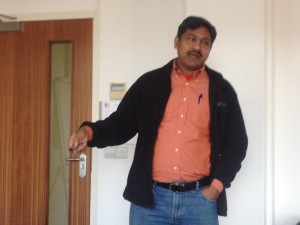
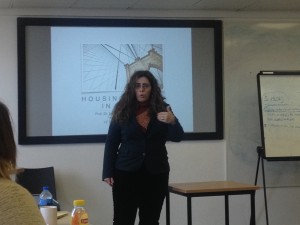


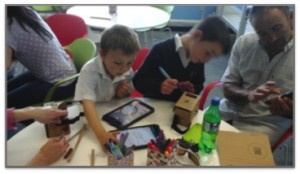



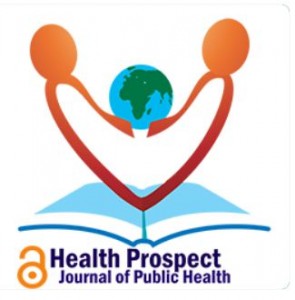
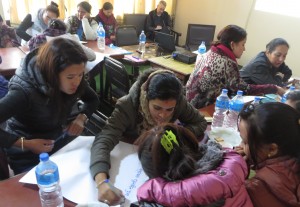
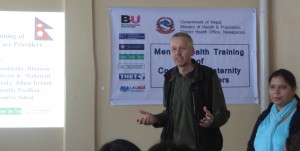

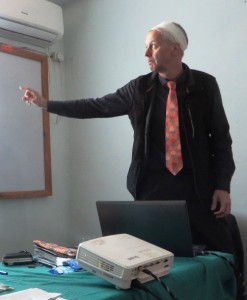
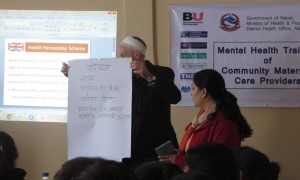
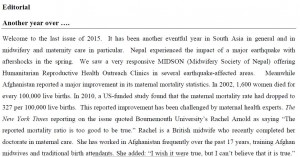













 Fourth INRC Symposium: From Clinical Applications to Neuro-Inspired Computation
Fourth INRC Symposium: From Clinical Applications to Neuro-Inspired Computation Writing policy briefs
Writing policy briefs Upholding Excellence: The Concordat to Support Research Integrity
Upholding Excellence: The Concordat to Support Research Integrity Today’s Documentation Will Serve Tomorrow’s Justice
Today’s Documentation Will Serve Tomorrow’s Justice ECR Funding Open Call: Research Culture & Community Grant – Application Deadline Friday 12 December
ECR Funding Open Call: Research Culture & Community Grant – Application Deadline Friday 12 December MSCA Postdoctoral Fellowships 2025 Call
MSCA Postdoctoral Fellowships 2025 Call ERC Advanced Grant 2025 Webinar
ERC Advanced Grant 2025 Webinar Horizon Europe Work Programme 2025 Published
Horizon Europe Work Programme 2025 Published Horizon Europe 2025 Work Programme pre-Published
Horizon Europe 2025 Work Programme pre-Published Update on UKRO services
Update on UKRO services European research project exploring use of ‘virtual twins’ to better manage metabolic associated fatty liver disease
European research project exploring use of ‘virtual twins’ to better manage metabolic associated fatty liver disease